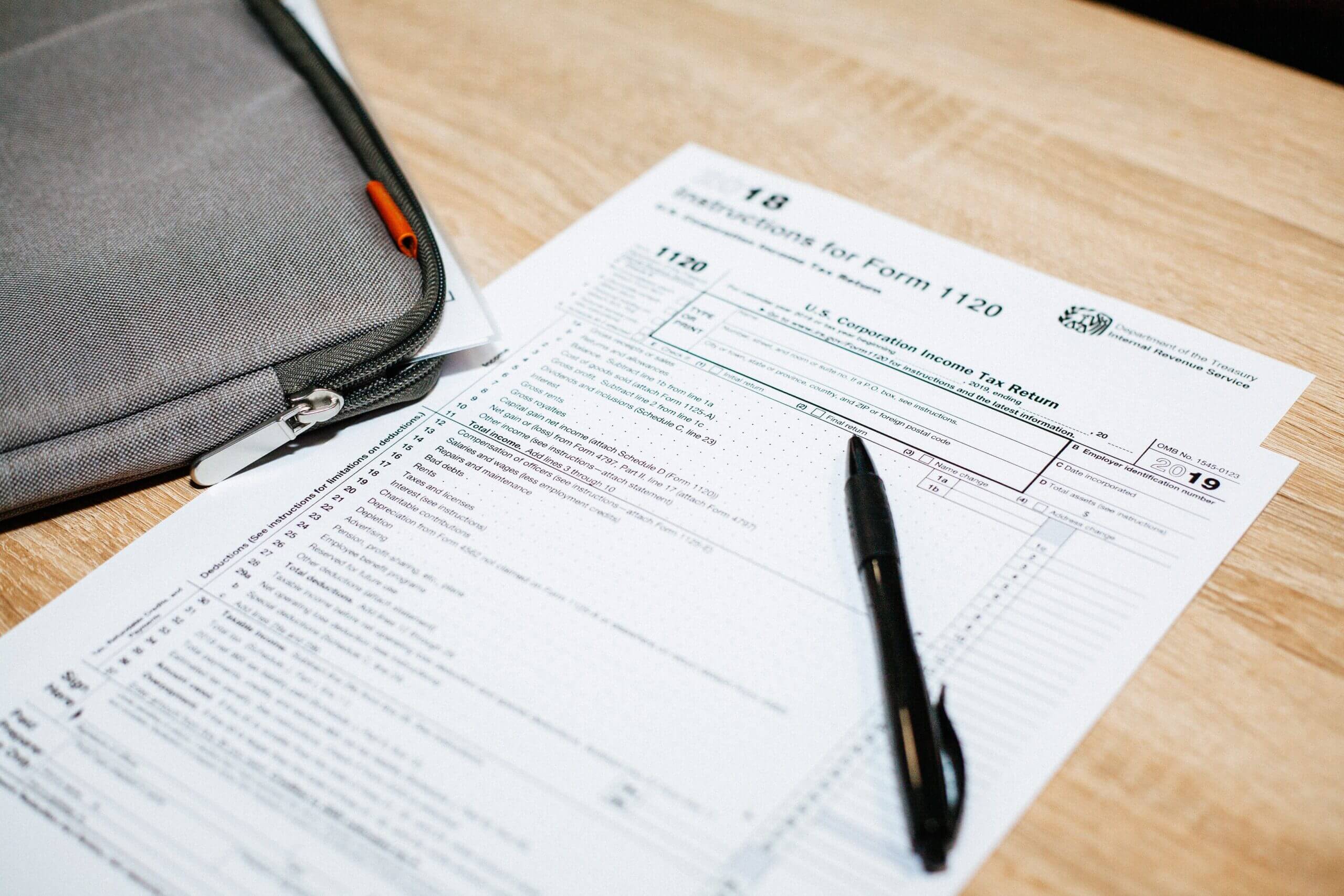Harris: March into Green and Save
By Charlestien Harris
March is, of course, known for the holiday of St. Patrick’s Day. This is the day that many people will wear green to commemorate the arrival of Saint Patrick in Ireland, and to celebrate the heritage and culture of the Irish in general.
We can also learn a thing or two about saving money by going green.
“Going green” is officially defined as implementing certain lifestyle changes designed to help you live in a more eco-friendly way. It means becoming more environmentally aware and changing your behavior and lifestyle to reduce the amount of pollution and waste you generate.
Here are some of the best ways to go green on a budget:
Try using LED light bulbs.
What exactly does LED mean as far as light bulbs are concerned? LED stands for “light-emitting diode” which means a semiconductor device that emits light when current flows through it. LED light bulbs use at least 75 percent less energy than standard incandescent bulbs and last 25 times longer, according to the U.S. Department of Energy. Households can save $75 on annual energy costs simply by swapping out just five of their most frequently used bulbs with Energy Star-certified LEDs, according to the Consumer Federation of America.
Unplug your devices when not in use.
Phantom power, also called standby power, refers to the energy that’s wasted around your home when devices are plugged in and using power, but you’re not actively using them. Energy consumed by electronic devices that are still plugged in or in standby mode accounts for 5 to 10 percent of household energy use. That can potentially add up to an extra $100 a year, on average, according to the Center for Sustainable Systems. The Center recommends always unplugging devices when not in use, or plugging them into a power strip and turning off the power strip.
Try going solar for a source of energy.
Solar energy is any type of energy generated by the sun. One of the best ways to save money on electricity is by generating your own! Under the Inflation Reduction Act, you can get a tax credit for 30 percent of the cost of installing clean energy systems in your home, including solar panels, wind turbines, battery storage, and more. While solar panels can help save you money on energy costs, it’s important to know the overall startup solar panel costs so you can plan a budget. Solar panels cost, on average, about $16,000, or between $3,500 to $35,000 depending on the type and model.
Use cold water instead of hot water when you can.
It’s so simple, but can save you money! By not heating the water in your washing machine, for example, you may reduce your energy costs with every load. An estimated 75 to 90 percent of all the energy your washer uses goes to warming up the water, so switching to colder water can lower your gas or electric bill.
Replace inefficient energy appliances as soon as you can.
One suggestion you might want to think about is replacing your old household appliances with energy-efficient options to help lower your electric bill. Those appliances can be anything from refrigerators to dishwashers to microwaves to air conditioners. The U.S. Environmental Protection Agency (EPA) launched the ENERGY STAR program in 1992. By choosing an ENERGY STAR designated appliance, the EPA estimates a typical household can save about $450 on their energy bills each year.
Drink more tap water.
Water bottles are an added cost to the water you are drinking, and create a lot of unnecessary waste. Why not try drinking more tap water instead by running the water through a filter? A water filter is an investment that will save you so much money on bottled water – and helps to keep the seas plastic-free! There are an average of 167 water bottles per person used each year in the United States. Based on the average individual consumption, the monthly cost of drinking bottled water is roughly $20, which translates into $240 a year in potential savings!
Volunteer your time to organizations that are “go-green” focused.
How much do you make per hour? Time is money, and money has value. Your time is valuable, which is why it’s one of the most important ways you can help your community go green. Volunteering for organizations that protect your parks, people, and the environment will keep your local surroundings healthy, safe, and green. Whether it’s cleaning up a public space or helping to grow healthy food for those in need, whatever your interest, there’s a program in your state, town, or neighborhood that could use your time and expertise.
A significant economic benefit of going green is that it helps lower costs and save money, and that is the primary idea. But you also need to think about the expenses you will incur to go green, and consider the advantages as well as the disadvantages of making a switch.
One step you definitely want to do is to sit down and consider the cost of going green by creating a budget. Knowing the costs from the beginning will help you keep up with the money you will be spending (and saving!) when switching to a “greener” lifestyle.
For more information on this and other financial topics, visit www.banksouthern.com/blog, email me at Charlestien.Harris@banksouthern.com, or call me at 662-624-5776.
Until next week – stay financially fit!
Charlestien Harris is a financial contributor to DeSoto County News. She is a financial expert with Southern Bancorp Community Partners whose articles are seen in a number of publications around the region. You’ll be seeing her columns weekly on the DeSoto County News website and our social media channels.






